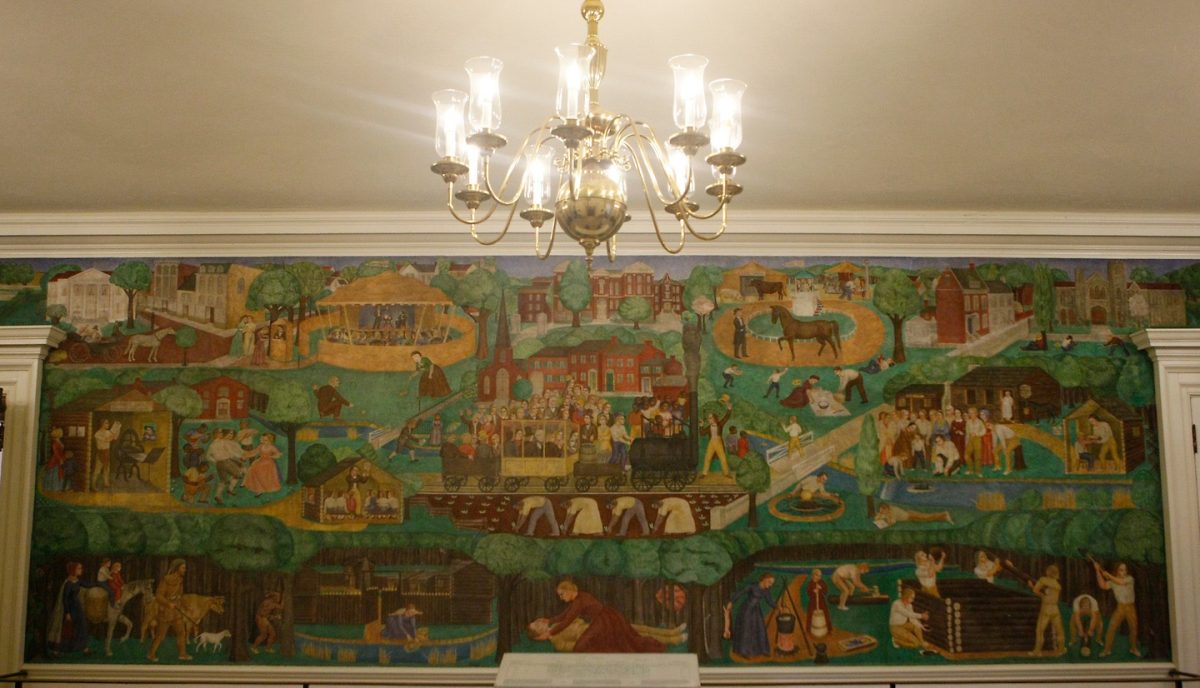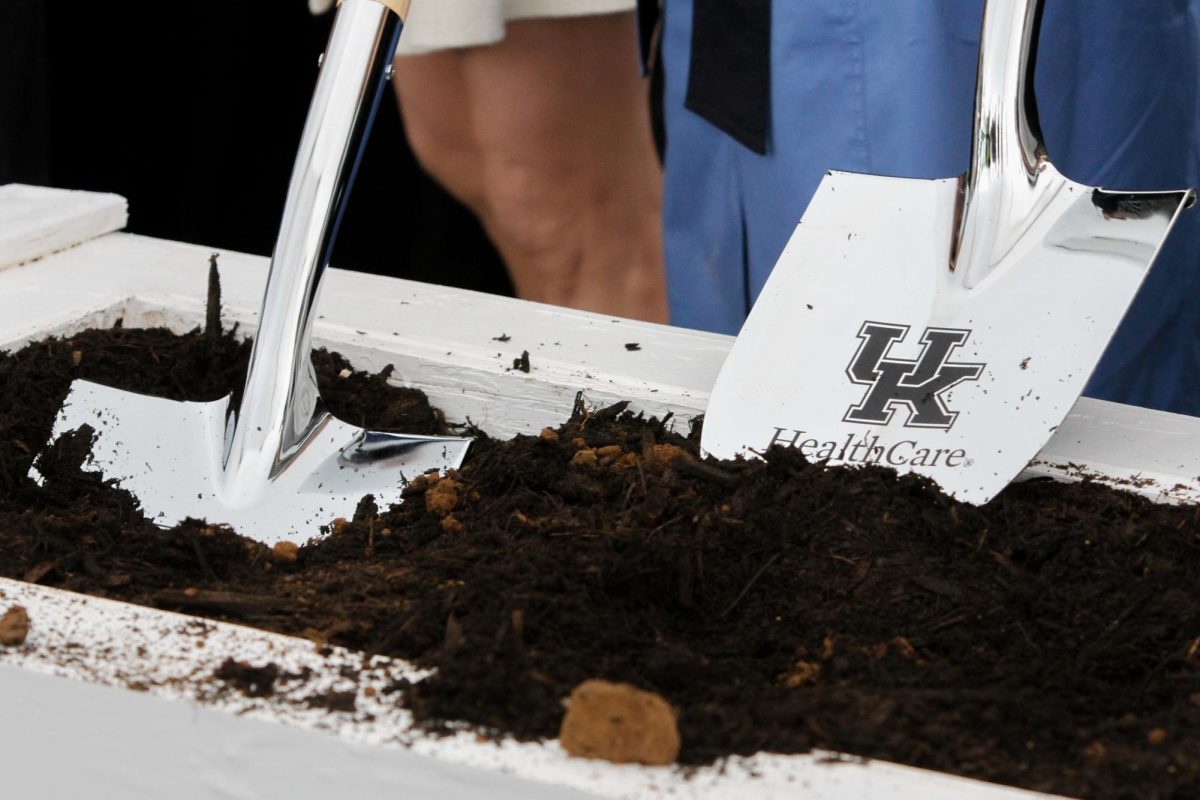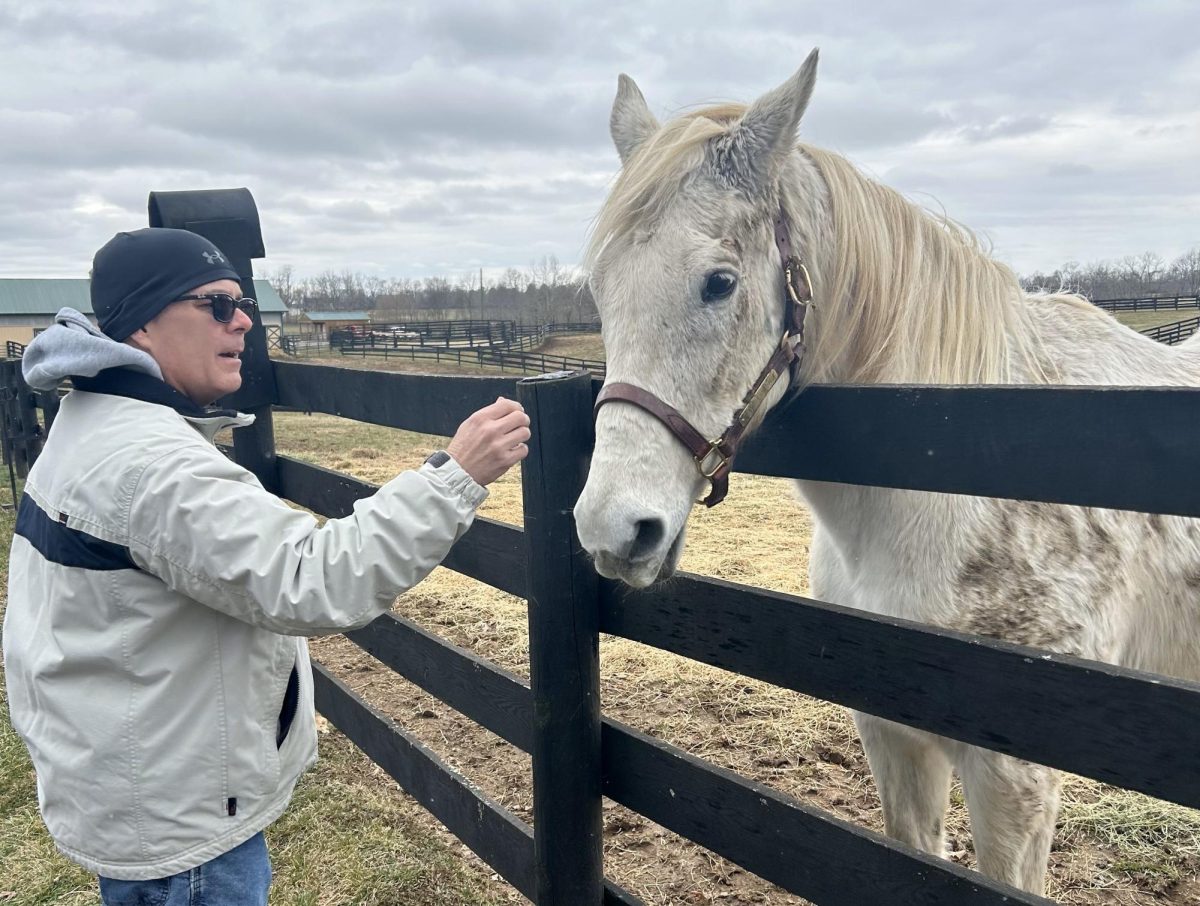Column: Future of energy use depends on discussion
April 30, 2009
I have been around coal for as long as I can remember, but I never really questioned coal mining until I came to college.
My grandfather died of complications related to black lung, even though the company officials told him to just cough up the coal dust and he would be fine. A coal mine collapse killed one of my cousins, and another collapse put an uncle on disability. Another one of my uncles died in a car crash on his way back from work, again in the mines. My great-grandfather helped start the union in Harlan County, Ky. by meeting with other miners at night in the woods to get organized. It was too dangerous to even speak of opposing the coal companies in those days, and gun fights and murders gave my home county its infamous name, “Bloody Harlan.â€
I never really thought of the environmental or economic consequences because coal miners provided for their family.
My other grandfather would take me with him on trips to get mine equipment, which he worked on and also sold as scrap metal. My cousins and I used to dig up his yard, using plastic bulldozers to remove tiny mountains, which we hauled off in toy coal trucks. Now, of the four of us, I’m the only one who does not work on a surface mine, where real trucks are carrying out millions of tons a year.
After four years of college, I’ll be graduating to make nothing near what they are paid on a strip mine, blasting off the tops of mountains and hauling out the black gold.
My cousins, grandparents and uncles are not the enemy. The same coal they blast out of a mountain, you are using right now. If you used electricity today – watch television, flip any light switches, refrigerate your food or walk into any modern building – then you are as much a part of the problem as the coal companies.
Mountaintop removal is an unsightly process. When working on these stories, I never heard a single person involved with the industry say they like seeing mountains blasted apart. In fact, they admit it’s ugly seeing them ripped of trees and tops blown off. But that statement was always followed up with justification – what else are we to do?
The anti-coal activists have about as many answers to that question as the miners have tons produced per year in Kentucky (well over 100 million). It’s wind, solar and nuclear. But renewable energies will have to come from an industry other than coal. It’s unlikely any coal company will spend the millions of dollars it would take to kill their business. Why should they? Coal demand is expected to increase after the recession.
That’s not to say there are no coal miners who aren’t interested in the discussion. Mining engineer Nate Waters believes if you’re going to blast a mountain off, you need to do your best to fix it. He also loves to talk about the future of energy. And so does Erik Reece, an anti-coal activist who teaches at UK. But they are coming from starkly different sides, and the discussions usually end unproductively.
There is enough coal in the U.S. to mine for 225 more years. Reece believes an energy crisis may be upon us in 10. Waters said he plans on mining for his entire life.
After talking to both sides extensively for months now, I’m not sure where I stand on coal. I know I am far more conscious of my light switch staying on, and that every day when I walk past UK’s coal pile on campus I think about how it powers every thing we do, from the computer I am typing on, to the lights that are on in a classroom right now.
I hope this story engages discussion on campus, but more than anything, I hope you will be more conscious of your energy usage, and maybe just flip the switch off when you leave a room, or turn the air conditioner off in your apartment when you’re gone for the weekend.
Even if you don’t have four or five generations of coal history, you’re a part of coal’s history in Kentucky. We all are.
Related Articles:
























































































































































